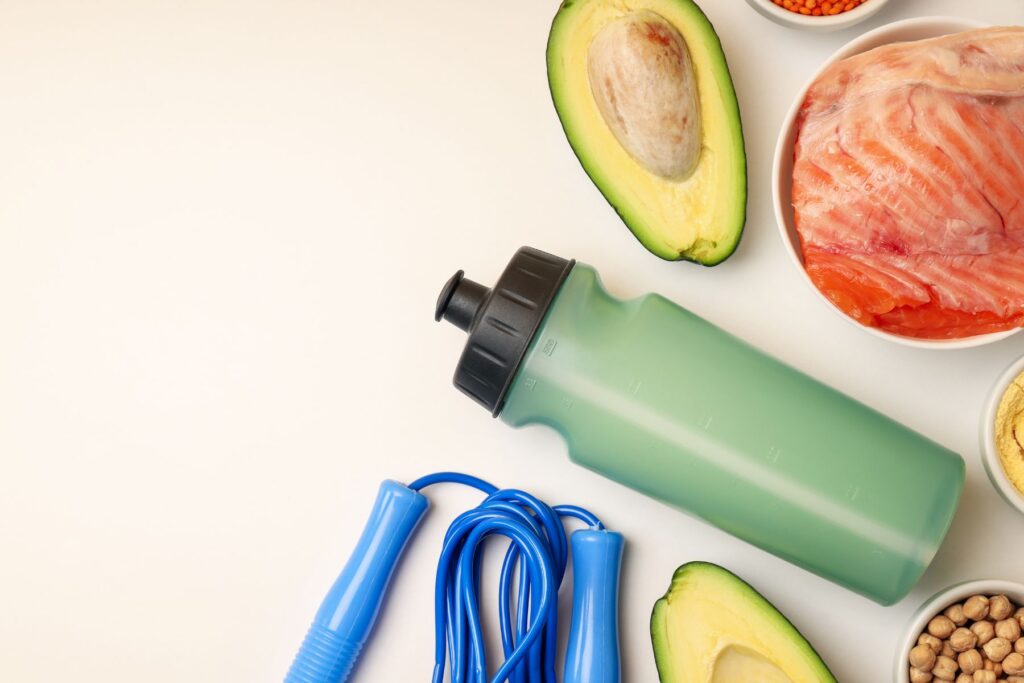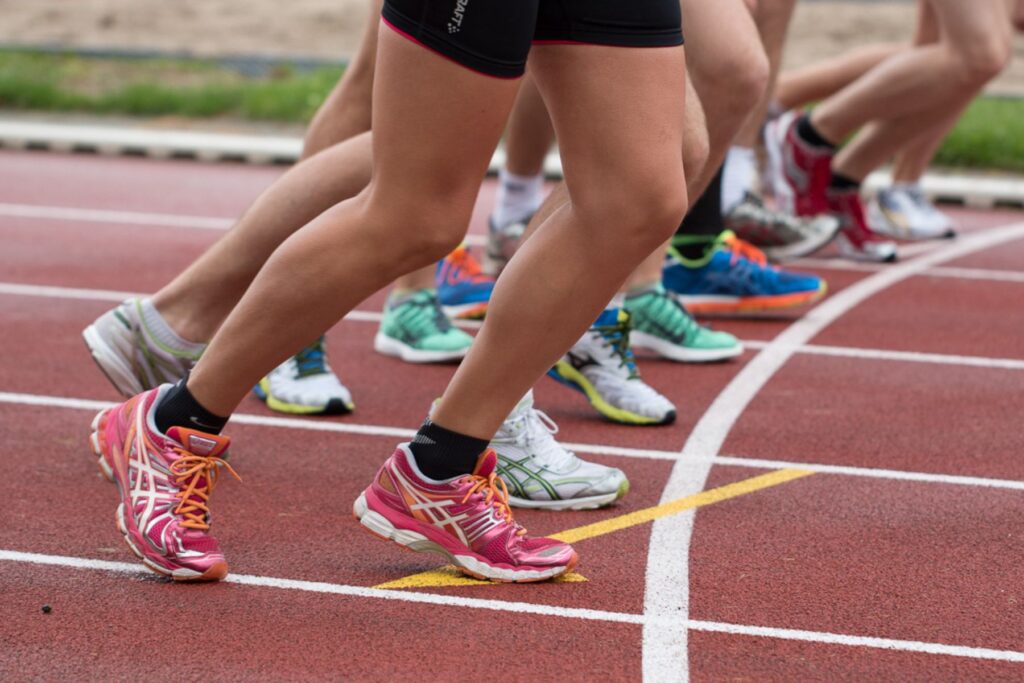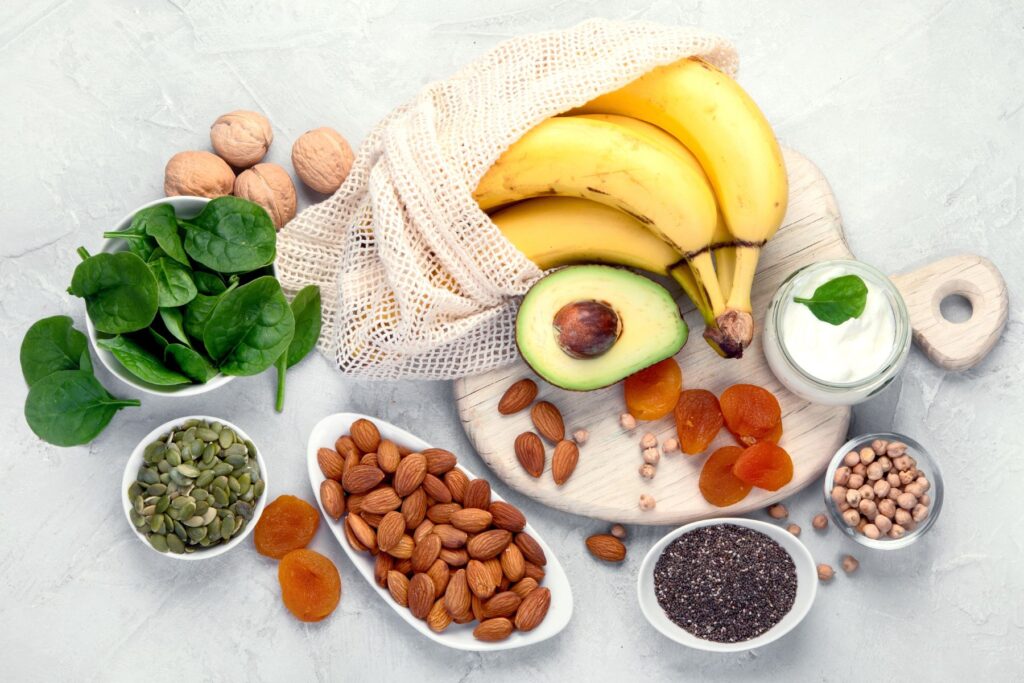Top 5 Reasons To Work With a Sports RD
January 3, 2024

A registered dietitian (RD) undergoes many years of school and training before they can qualify to take their RD credentialing exam. Many people do not realize that in order to become a certified sports dietitian, a dietitian has to do even more training. In order gain the Certified Specialist in Sports Dietetics (CSSD) credential a dietitian with at least two years of experience as an RD has to then participate in 2,000 hours of supervised practice working in the sports nutrition field. Is it only after this that they can take the CSSD credentialing exam. When you go to see a certified sports dietitian you are working with a professional that has years of experience in the field. They have also passed numerous national credentialing exams confirming their knowledge and expertise.
The field of sports nutrition encompasses a myriad of important health and performance elements. Some of these include body composition, hydration, exercise performance, recovery, injury prevention and recovery, supplementation and more. There are also sports dietitians who specialize as eating disorder dietitians. These RD’s help active clients with eating disorders fuel themselves properly and return to sport or exercise.
If you have ever considered working with a sports dietitian near you but are uncertain about the benefits, consider the top 5 reasons to work with a sports RD that we have listed below when you are deciding if it fits your needs and goals!
1 – Improve your health and performance in and out of the gym

Whether you are an elite athlete playing a professional sport, an avid runner participating in a marathon, or an active individual who goes to the gym a few times per week, sports dietitians are able to provide recommendations for hydration, fueling, and supplement practices backed by research that fit your health and fitness goals.
2 – Help build and maintain muscle and strength
Meeting your energy and protein needs are key to improving and maintaining muscle mass and strength. A sports dietitian will be able to calculate your specific energy and protein needs. They can work with you to form a plan to meet these goals through your diet.
3 – Improve recovery after exercise

Overall energy intake and timing of certain nutrients can improve exercise recovery for athletes. Proper recovery is essential to enhancing performance at an athlete’s next workout. When you work with a sports dietitian you will be able to determine the energy and timing of nutrients like carbohydrates, protein, and antioxidants you personally need to recovery optimally from your workout.
4 – Help prevent injuries and illness
Proper fueling can improve and maintain bone density and strength helping to prevent injuries such as stress fractures. Ensuring adequate energy and vitamin/mineral intake can improve immune system. As a result, it can help prevent some illnesses such as upper respiratory tract infections for athletes. Sports dietitians are highly qualified to help you meet your energy, vitamin, and minerals needs.
5 – RD’s can help navigate nutrition information with research based evidence

There can be a lot of conflicting and confusing health and fitness information on the internet and on social media. Many uncredentialed fitness influencers provide recommendations or make statements about diets or eating patterns that are false and not backed by research. Sports dietitians use a science and research backed approach to fuel exercise and improve performance. If you want to ensure you are getting sound, safe, and effective recommendations to improve your exercise performance go to a sports dietitian!